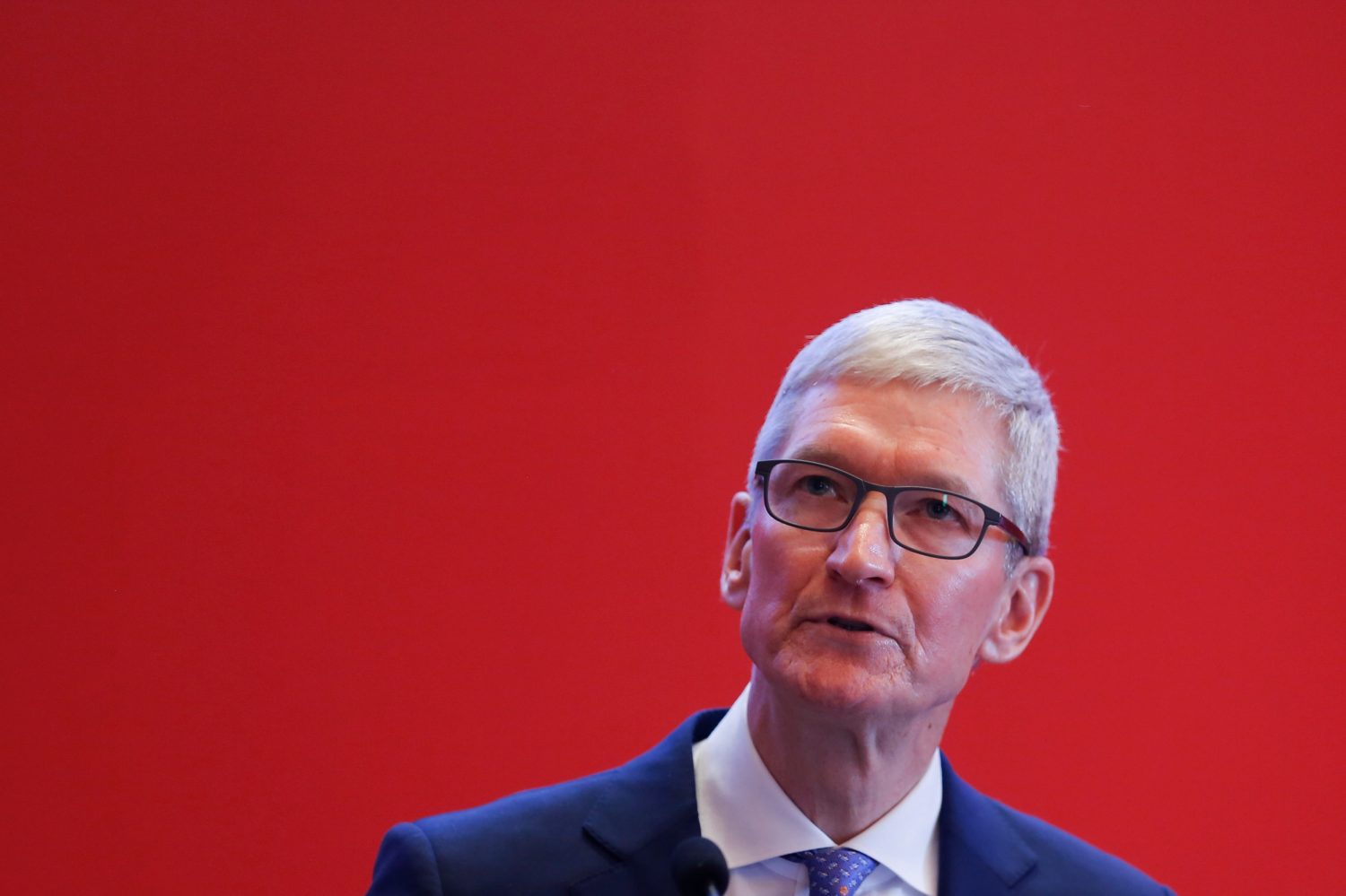By now, you’ve heard the media’s Greek chorus: Tariffs on Chinese goods will, in all likelihood, cause iPhone prices to soar. Apple, the implication goes, is caught in the crossfire — a good old American company just trying to make world-class gadgets while politicians ruin everything.
Of course, the truth is much more complicated than that.
Yes, tariffs are bad policy. They’re blunt, regressive, and hurt the very people they’re supposed to protect. Warren Buffett has described tariffs as an “act of war, to some degree.” But let’s set all that aside for a moment. Because the fact of the matter is that when it comes to Apple, iPhones, tariffs, and China, Apple isn’t a victim here. It’s actually an accomplice to its own vulnerability.
Apple built the tariff trap it’s now snared in
For more than two decades, Apple placed an enormous, calculated bet on China. Under CEO Tim Cook, the company offshored almost every part of its hardware operation. Assembly, components, labor, and the entire manufacturing ecosystem were yoked in large part to a single country, the People’s Republic of China.
Cook didn’t just outsource manufacturing. He optimized the heck out of it. He built a just-in-time machine that could move tens of millions of iPhones with robotic efficiency. Apple became a poster child for globalized tech production. Shareholders and Wall Street cheered. For quite a while, the going was good.
But what they were all really applauding, whether they realized it or not, was the concentration of risk — in a country that is increasingly hostile to US interests, intolerant of transparency, and known for playing politics with corporate access. Knowing that, let’s keep in mind:
👉 Over 90% of iPhones are still assembled in China.
👉 Beyond iPhones, Evercore ISI estimates that 55% of Apple’s Mac products and 80% of iPads are also assembled in China.
Apple didn’t just come to rely on China — it embedded itself there.
The world shifted, while Apple stayed stuck in China
The US-China relationship, meanwhile, has deteriorated rapidly in recent years, thanks to everything from trade wars to sanctions, tech bans, and Covid. The list goes on. And each event made it painfully clear: Being overly reliant on a geopolitical rival is a bad idea.
What’s more, I suspect most people intuitively grasp that concept. Who among us, for example, would willingly co-sign a mortgage with a sworn enemy — specifically, someone with whom you’ve fought in the past, who doesn’t respect you, who’s stolen from you repeatedly, and who hassles your friends whenever they go over to visit this person. I suppose the takeaway here is that common sense goes out the window when it comes to quarterly earnings for a publicly traded tech giant.
And when the world began waking up to the China threat, what did Apple do? Arguably too little, too late. Instead of aggressively moving production to friendlier shores, Apple tiptoed. It opened some assembly lines in India. It shifted a few MacBooks and iPads to Vietnam. But it didn’t break the habit. It couldn’t. China isn’t just a cog in Apple’s machine — it is the machine.
Yes, tariffs suck. But you know what sucks even more? A trillion-dollar company outsourcing leverage to a communist regime that censors, coerces, and manipulates. The iPhone maker, in short, built a fortress on a fault line that (big surprise!) is now starting to rumble.
Tariffs are a symptom. China dependence is the disease.
Let’s be clear: Tariffs are clumsy tools. Moreover, they won’t fix the underlying issue with regard to Apple, which is that the iPhone maker — the most valuable company in the world — a long time ago chose convenience over resilience, profit over principle, and short-term optimization over long-term strategy.
It didn’t have to go all-in on China. Yet it chose to, over several decades, knowing full well the risks. Which brings me to what pisses me off the most when it comes to Apple and China.
Here’s a quote from Cook, as reported in The Financial Times: “Cook, explaining why Apple couldn’t manufacture at scale in the US, once told an audience that if every tool and die maker in America were invited to the auditorium where he was speaking, they ‘wouldn’t fill the room’. Whereas in China, ‘you would need several cities to fill with tool and diemakers’.”
To quote myself from a previous post, that’s what this comes down to, and it’s a shame. It’s not like Apple isn’t willing to ever let its values trump business concerns. Yet when it comes to the practicality of decoupling from China, even if Apple wanted to draw a line like it did for Russia, the refrain of excuses you hear includes the usual suspects like — nowhere else has sufficient infrastructure. It would cost too much. It would make the price of iPhones astronomical.
Which sounds, to me, like the same thing as saying: Something is only the right thing to do, as long as it’s not prohibitively expensive.
The post Don’t blame tariffs for an iPhone price hike – blame Apple for betting the farm on China appeared first on BGR.
Today’s Top Deals
Here are our favorite Magenta Status perks you can only get from T-Mobile
Today’s deals: $193 Apple Watch Series 8, Bosch ICON wiper blades, $399 Weber Spirit grill, more
Amazon gift card deals, offers & coupons 2025: Get $2,000+ free
Today’s deals: $4 iPhone chargers, $20 waterproof speaker, $50 WiFi 6 router, $510 smart toilet, more
Don’t blame tariffs for an iPhone price hike – blame Apple for betting the farm on China originally appeared on BGR.com on Wed, 9 Apr 2025 at 17:35:00 EDT. Please see our terms for use of feeds.
